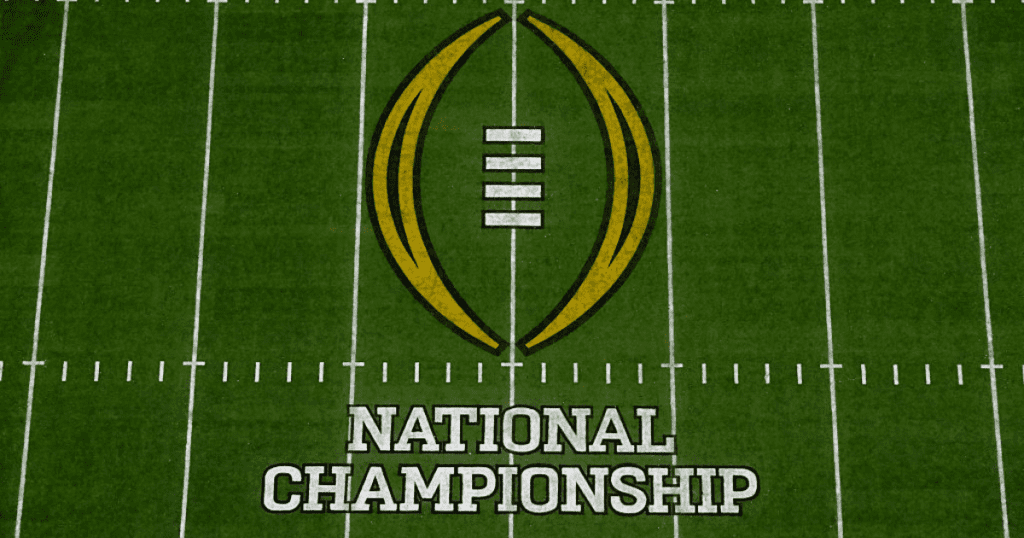How to Succeed In Your Football Career and Get Good Grades?

Balancing a successful football career and achieving academic success can be a challenging task. This is especially true for student-athletes. Juggling the demands of a rigorous training schedule and academic workload can often feel overwhelming and exhausting. With the appropriate attitude and tactics, it is achievable to excel in both domains.
This is where writing help can come in handy. By outsourcing some of the writing tasks to a professional, young athletes can free up valuable time for practice. It will help them focus on their football career and other academic tasks. A reliable “write a paper for me” can help students with research papers, essays, and other written assignments. They will ensure that they meet their academic requirements without compromising their training or performance.
This article will examine some recommendations that can aid in accomplishing both athletic and academic achievements.
Why Is It Hard to Balance a Football Career and Studying?
There are many reasons why it’s hard to combine a football career with studying. These include:
1. Time Management
Time management is crucial when it comes to balancing a football career and studying. Student-athletes have to juggle between attending classes, completing assignments, studying for exams, and practicing and playing football. It’s not easy to find time for all these activities, especially when football practice and games can take up several hours a day.
2. Physical Demands
Football is an arduous game that necessitates a large amount of endurance and vitality. Student-athletes have to maintain their physical fitness while also attending classes and studying. This can be challenging, especially during the football season when players have to balance their training schedule with their academic obligations.
3. Mental Stress
Playing football and studying can also be mentally stressful. Student-athletes have to deal with the pressure of performing well on the field and in the classroom. This pressure can be overwhelming, leading to anxiety, stress, and burnout.
4. Lack of Support
Student-athletes need support from their families, friends, coaches, and teachers. It helps to succeed in both football and academics. But, sometimes, they may not receive enough support, which can make it difficult to manage both. Some families rank football over academics. But some teachers and coaches may not understand the demands of a football career.
5. Travel
Football teams often travel for games. It can interfere with a student-athletes academic schedule. Missing classes and assignments due to travel can be challenging to catch up on, which can result in lower grades.
6. Financial Pressure
Football can be an expensive sport. Student-athletes may have to invest a significant amount of money into their training and equipment. This can put a financial strain on them and their families, making it challenging to balance their academic and football commitments.
7. Distractions
Distractions are everywhere. It can be difficult for student-athletes to stay focused on their studies while also pursuing a football career. Social media, video games, and hanging out with friends can be tempting distractions. They can lead to a lack of focus and poor academic performance.
8. Limited Resources
Some schools may not provide enough resources to support student-athletes in their academic pursuits. Limited access to tutors, academic advisors, and study spaces can make the football and academics balance challenging.
9. Lack of Flexibility
Football schedules can be inflexible. It can make it challenging for student-athletes to attend classes, complete assignments, and study. For example, a football game scheduled during class time can lead to missed lectures and coursework.
10. Fatigue
Playing football and studying can be exhausting. Student-athletes may experience fatigue and exhaustion. It makes it challenging to stay focused on their studies and perform well in the classroom.
How Can You Succeed?
1. Make Your Priorities Clear
The first step to succeeding in both your football career and academics is to determine what’s most important to you. Decide which one you’re more passionate about and rank it. By doing this, you can regulate your time and remain concentrated on your objectives.
2. Plan and Manage Your Time
Balancing your football career and academics requires effective time management. Create a schedule that allows you to attend classes, complete assignments, study, and practice/play football. Use a planner or calendar to watch your timetable and rank your assignments in order of importance.
3. Communicate With Your Teachers and Coaches
Communication is crucial when it comes to balancing your football career and academics. Let your teachers and coaches know about your schedule and commitments, so they can support you in achieving your goals. You may need to miss class or assignments due to football games or practice. So make sure you communicate in advance to make alternative arrangements.
4. Take Care of Yourself
Student-athletes must attend to their physical and mental well-being. Get enough sleep, eat a balanced diet, and exercise. Practice self-care techniques like meditation or yoga to manage stress and anxiety.
5. Make Use of Available Resources
Your educational institution may provide support resources to help student-athletes thrive. Seize the opportunity to use resources such as tutoring, academic advising, and study groups. These resources can assist you in managing your coursework. They also enhance your academic performance.
6. Drop Distractions
Distractions can be tempting, but it’s essential to stay focused on your goals. Limit your time spent on social media or video games and focus on your academic and football commitments. Avoid procrastination and stay on top of your assignments to prevent stress and anxiety.
7. Establish Practical Objectives
Establishing workable goals is pivotal in accomplishing triumphs in both academia and football. Establish your objectives and create goals that are attainable and quantifiable. Commemorate your accomplishments as you progress and change your goals as necessary.
8. Sustain a Constructive Outlook
As a student-athlete, you may encounter difficulties and hindrances during your journey. It is vital to uphold a positive and constructive mindset. Use your errors as opportunities for advancement and education. Learn from them and embrace them as stepping stones toward success.
In Conclusion
Succeeding in your football career and getting good grades is possible. It requires a combination of hard work, dedication, and support. Use these tips to help you achieve your goals, and remember to rank what’s important. With the right mindset and strategies, you can achieve success on and off the field.
![]()

NFL Draft Diamonds was created to assist the underdogs playing the sport. We call them diamonds in the rough. My name is Damond Talbot, I have worked extremely hard to help hundreds of small school players over the past several years, and will continue my mission. We have several contributors on this site, and if they contribute their name and contact will be in the piece above. You can email me at nfldraftdiamonds@gmail.com
